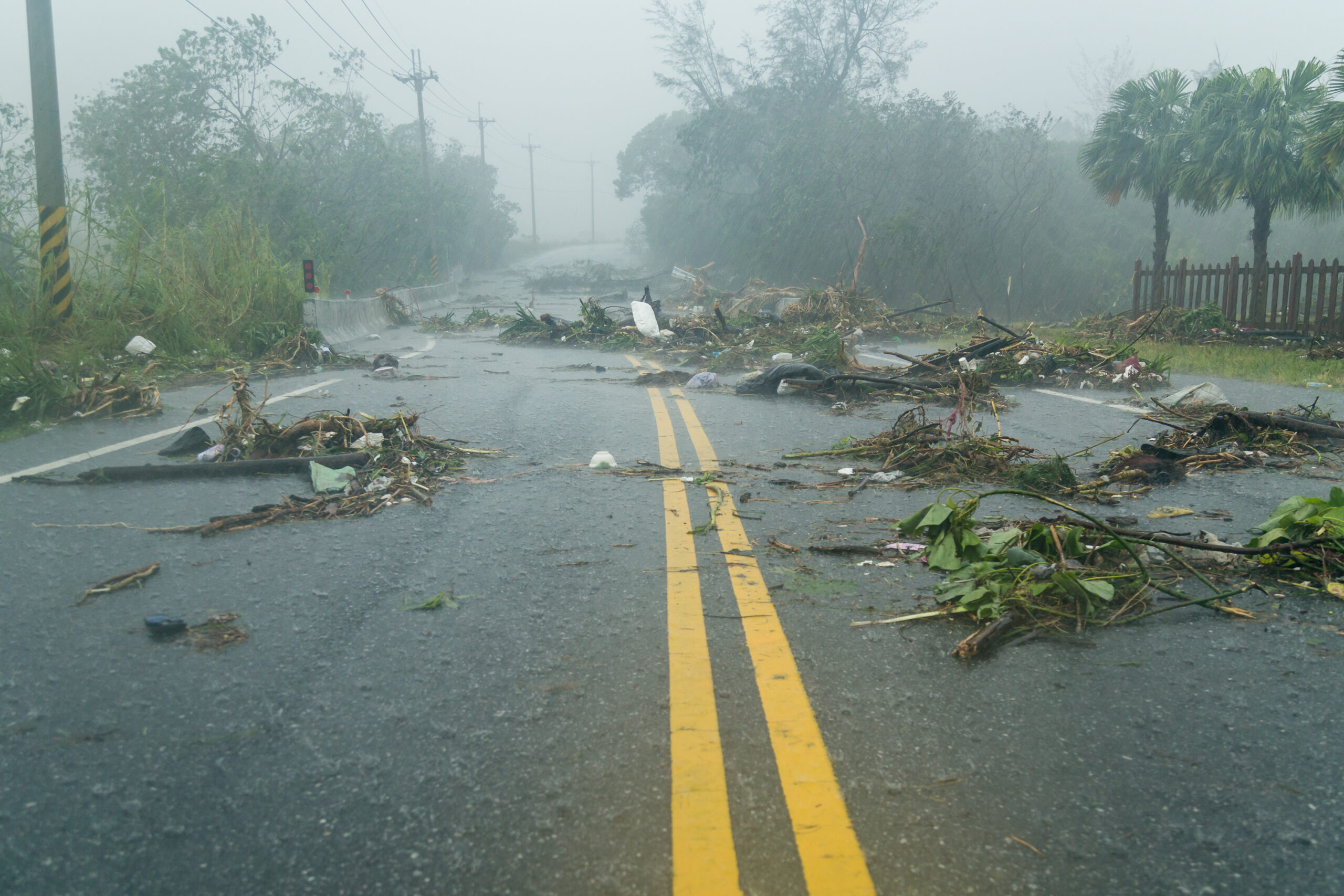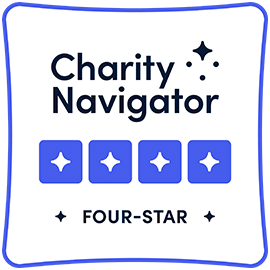Living through a global pandemic, experiencing an emergency or disaster, and being a part of a vulnerable group can feel like a scary intersection to exist in. Unfortunately, with COVID-19 cases rising, multiple wildfires as of July 2021, and an early start to hurricane season, it’s becoming more and more essential that individuals within this intersection are prepared in the case of an emergency or natural disaster.
Vulnerable groups include children, pregnant persons, infants, LGBTQ+ people, older adults, people with chronic diseases, people with disabilities and people with mental health disorders. Read on to learn tips and resources to help you navigate an emergency or disaster situation during COVID-19 as a member of a vulnerable group.
Tips for all groups
- To stay safe from contracting and getting seriously ill from COVID-19, and to protect those around you, all vulnerable groups are eligible for one of the available COVID-19 vaccines. COVID-19 vaccines are available to children 12 years and older. If you are pregnant or have a disability or underlying health conditions, you may want to speak to a health care provider to help you decide if the COVID-19 vaccine is right for you.
- All vulnerable groups should prepare for emergencies and disasters by putting together an emergency/go-kitincluding items you will need if you must shelter at home or evacuate and seek shelter elsewhere. Utilize this resourceif you are pregnant and/or caring for an infant, this resource if you are caring for a child and this resource if you are transgender to know exactly what to include in your emergency/go-kit. All emergency kits should include items for staying safe from COVID-19.
- All vulnerable groups should continue to practice general COVID-19 safety precautions whenever outside the home or interacting with persons outside their regular household. Children under 2 years old should not wear masks. If you must go to a public disaster shelter during COVID-19, be prepared on how to stay safe from the virus while there.
Tips for children
- Prepare for remote learning during COVID-19.
- Know how to care for children with special health care needs during emergencies and disasters.
Tips for pregnant persons and caring for infants
- Talk to your health care provider about how to get care and deliver your baby if doctors’ offices and hospitals are closed. Know the signs of labor and the signs of early labor.
- Know how to help your baby sleep safely.
- If you breastfeed your baby, continue to do so. If this isn’t an option for you and your infant, use ready-to-feed formula if possible.
Tips for LGBTQIA+ people
- Have a safe place to shelter with a welcoming friend, family member or public shelter.
- If you are transgender, print out and include Emergency Contact Information for Trans Discrimination in Relief Shelters and Services in case you experience discrimination in emergency services or sheltering.
- Print out or write down the following LGBTQ+ crisis services hotlines: The Trevor Project at 1-866-488-7386 and the LGBT National Help Center at 888-843-4564.
Tips for older adults
- If you are dependent on electricity for necessary medical devices, contact your local health department to see if they offer special needs or medical shelters in your area.
- Contact your area’s Agency on Aging if you need assistance with meals, transportation or other services.
- Use the Centers for Disease Control and Prevention’s (CDC) template to make an emergency/disaster care plan.
- If you have a family member living in a nursing home, contact their facility and ask about their emergency management plans.
Tips for people with chronic diseases
- Contact your doctor and ask if you can receive an emergency prescription refill.
- Do not avoid seeking medical care or shelter due to COVID-19.
- If you must stay at a public shelter, tell the shelter staff about your medical needs such as medicines that need refrigeration.
- Keep medicines, supplies and equipment out of the heat in a waterproof location.
- If you are dependent on electricity for necessary medical devices, contact your local health department to see if they offer special needs or medical shelters in your area.
- If your medicines, medical supplies or equipment are lost, stolen or damaged during an emergency/disaster, you can call 855-793-7470 or visit PHE.gov/EPAP to enroll in the Department of Health and Human Service’s Emergency Prescription Assistance Program.
- Know disease-specific disaster information for your chronic illness.
Tips for people with disabilities
- Talk to your health care provider about getting extra prescriptions in case pharmacies are closed.
- If you are dependent on electricity for necessary medical devices, contact your local health department to see if they offer special needs or medical shelters in your area.
- If necessary, know that your service animal must be allowed to stay with you in public shelters.
Tips for people with mental health disorders
- If necessary, know that your service animal must be allowed to stay with you in public shelters.
- Talk to your health care provider about continuing treatment if facilities are closed.
- Have multiple ways to stay connected with friends and family.






